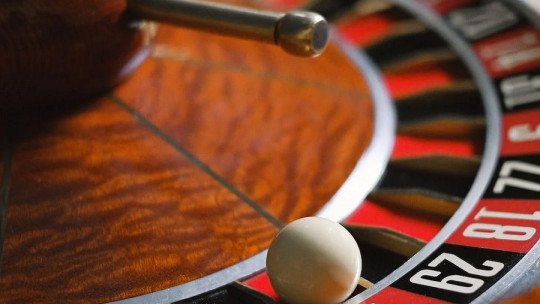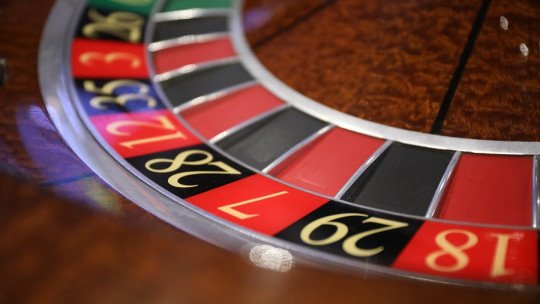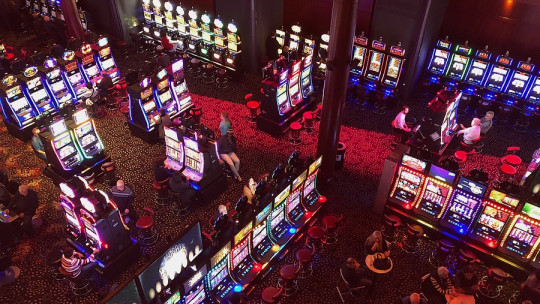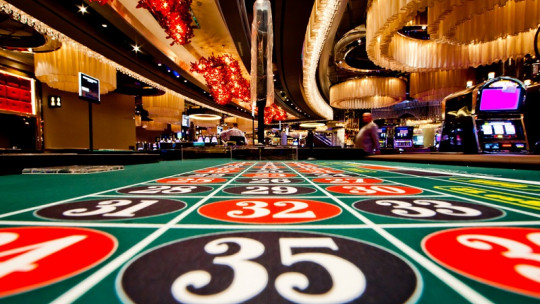
“There are twelve betting rooms from my house to my work,” a 20-year-old boy from Madrid who is trying to overcome his gambling addiction commented in the consultation. “I hadn’t played for six months and I received €100 as a gift from a betting house by email, I played it, lost it and then spent another €8,000.” A man in consultation said that he had already destroyed his marriage through gambling.
“I haven’t paid my daughter’s support for 8 months because I spent it all playing slot machines in bars,” explained a man who has been alternating between periods of abstinence and relapse for years. These are some of the many testimonies that he hears daily in professional practice. Every day and with increasing frequency, so I dare to assert that Pathological gambling constitutes a public health problem that is increasing noticeably and dramatically
Pathological gambling: an upward trend
In Spain there are 3,752 gaming halls, 481 betting halls, 55 casinos and 319 bingo halls (2023). Seen this way, they do not seem like so many if we consider that the population exceeds 46,000,000 inhabitants. Now, the real problem, which I would like to emphasize in this article, is that each mobile phone has become a potential virtual gaming room, which complicates and worsens the negative effects of this problem.
From a mobile phone you can lose a family, a business, a house, a car, in a few words; the effort of a lifetime. And I think this is the most delicate thing and what has been most frequently observed in clinical practice in recent months. Hours and hours addicts report spending watching the results of football matches or other sports Many people spend entire nights betting on virtual roulette wheels or in virtual poker rooms.
New technologies have transformed the context
This new form of pathological gambling through the mobile phone differs and aggravates the problem if we compare it with the previous format that forced the player to travel in person to a gaming room. And it happens that If before a person was at a slot machine or roulette, they could not be with their family or at work that is, they were exclusive events, however now, players report going to the bathroom during the workday to place sports bets, for example, and they even report playing roulette or poker while they are with the family at home, on weekends or after work.
In other words, the virtual player lives a kind of double life, since he maintains addictive behavior while responding, of course poorly, to his daily obligations. This is undoubtedly having very negative effects on the different family systems since the pathological gambler generally ends up going and destroying the family assets to deal with his addictive behavior, thereby distorting economic stability and putting the rest of the members of his family in trouble. around.
A distorted way of perceiving reality
The phenomenon of tolerance in this pathology is striking, since people with low average salaries make bets of €500 and even €1,000 for a single sporting event, roulette round or poker hand. This is surprising because it shows a total distortion of the understanding of the economic situation of the pathological gambler himself who bets amounts that could only be assumed by people with much higher incomes. This inevitably leads to debts, often enormous
Furthermore, there are financial entities that take advantage of this situation and make instant loans without verifying the payment capacity of the person requesting it with a very high interest rate, which rapidly increases the degree of indebtedness. Imagine, dear reader, that you can place bets online through Bizum.
That is why I consider that parental control regarding the use of the Internet and mobile phones It’s fundamental. There are many underage teenagers who, using the account of an adult friend, or their parents’ credit cards, gamble and risk their family savings. Psychotherapy is also of great help because to a large extent the problem lies in the fact that the player believes he has control over chance and also blindly believes that he will recover what he has lost, among other multiple false beliefs, with which there is an obvious distortion. of thought.
A problem with economic and social causes
Finally, I consider it very important to emphasize that There is a huge industry that promotes gambling and sports betting Many sports programs are sponsored by online betting houses. Many top football clubs promote betting on their shirts. There are more and more gambling halls in popular neighborhoods, there are even virtual slot machines that are broadcast on open television and that allow viewers to bet from their mobile phone. That is to say, there is a business interest in increasing this problem with all the damage to mental health that this entails.
In that sense, I consider that Government entities that seek to protect youth and minimize the psychological problems of the population should take action on the matter and at least, prevent minors from accessing these virtual betting rooms as well as oblige all banking entities not to make loans to people without the ability to pay or who have difficulties with pathological gambling. In any case, this is beyond the scope of psychology.
In conclusion, I would like to express to the reader that although the matter is very serious and dramatic, I am convinced that when there is will, motivation, psychotherapy is attended, and family support is available, this situation can improve quickly and satisfactorily and You can undoubtedly recover both psychological and economic health.








